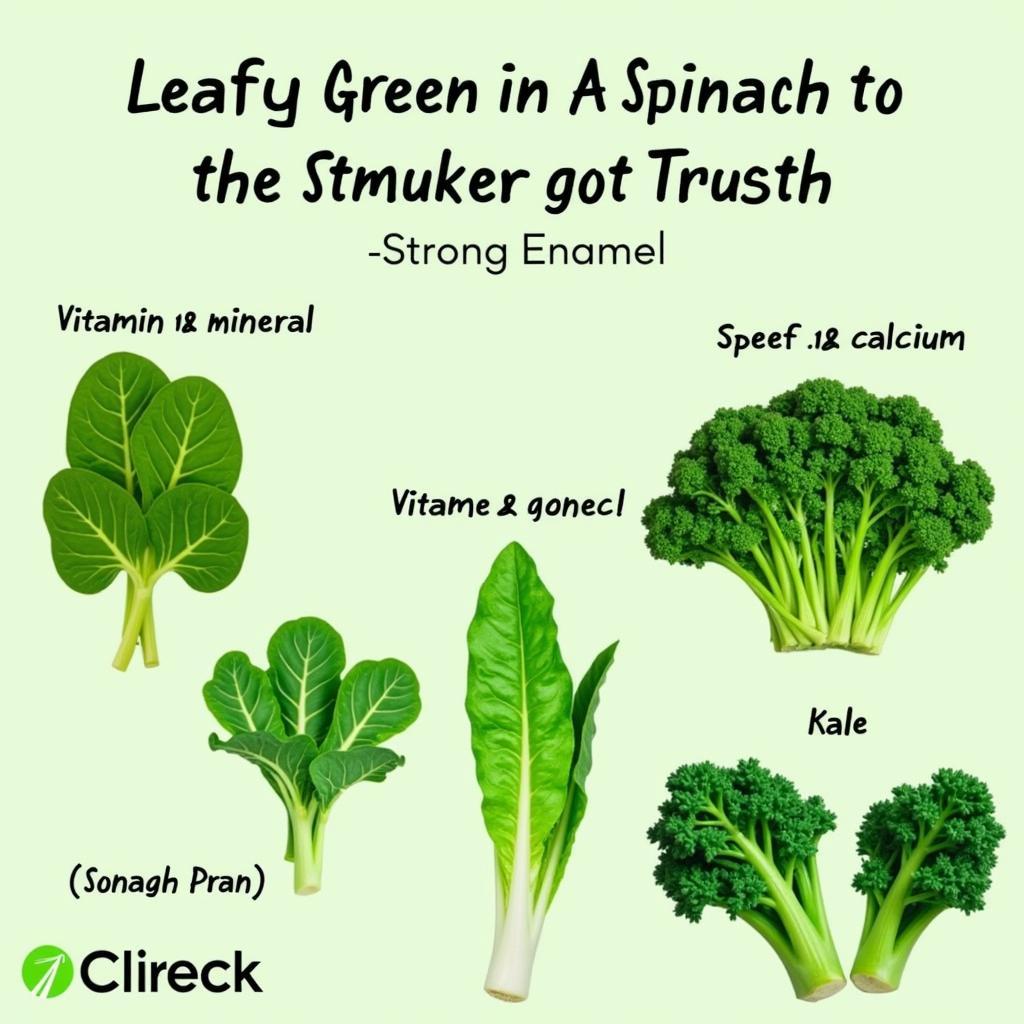Strong, healthy tooth enamel is crucial for a vibrant smile and overall oral health. It’s your teeth’s first line of defense against daily wear and tear, protecting them from decay and sensitivity. But what if you could bolster this natural shield through the foods you eat? This article explores the power of nutrition and highlights the best Foods That Strengthen Tooth Enamel, helping you achieve a healthier and more resilient smile.
Certain foods can actually contribute to weakening enamel due to their high acidity or sugar content. Learn more about these enamel-damaging culprits in our article on foods that cause chips. After this introduction, we’ll delve deeper into foods that fortify your enamel.
Dairy products, like milk, cheese, and yogurt, are rich in calcium and phosphate, the building blocks of tooth enamel. These minerals help remineralize and strengthen weakened enamel, providing a protective barrier against acid attacks. Cheese, in particular, stimulates saliva production, which helps neutralize acids and wash away food particles. Yogurt, especially those containing probiotics, also contributes to a healthy oral microbiome, further protecting your teeth and gums.
The Power of Dairy in Strengthening Tooth Enamel
Calcium and phosphorus are essential minerals for strong enamel, and dairy products are packed with both. Milk is a great source of these minerals, especially for children whose teeth are still developing. Cheese, in its many varieties, not only delivers calcium and phosphorus but also increases saliva flow. This helps to wash away harmful bacteria and food particles. You might be surprised to know how many other foods contribute to whiter teeth. Check out our guide on foods that make your teeth white for more information.
Why Cheese Is a Superstar for Enamel Health
Aside from the calcium and phosphorus punch, cheese stands out for its unique ability to stimulate saliva production. This increased saliva flow helps neutralize acids, preventing them from eroding enamel. Chewing hard cheeses also provides a gentle abrasive action, helping to remove surface stains and plaque.
Crunchy Fruits and Vegetables: Nature’s Toothbrush
Crunchy fruits and vegetables, like apples, carrots, and celery, act like nature’s toothbrush, scrubbing away plaque and stimulating saliva flow. The fibrous texture of these foods helps clean your teeth while also providing essential vitamins and minerals that support overall oral health. Apples, in particular, contain malic acid, a natural cleaning agent that helps dissolve stains and brighten your smile.
The Benefits of Fibrous Foods for Enamel Health
The abrasive action of fibrous foods helps remove plaque and food debris, preventing them from sticking to your teeth and contributing to enamel erosion. This natural cleaning process also massages the gums, promoting healthy blood circulation and overall gum health. If you’re concerned about receding gums, check out our article on foods to avoid with receding gums.
Leafy Greens and Other Enamel-Boosting Foods
Leafy greens, such as spinach and kale, are rich in vitamins and minerals, including calcium, that support strong enamel. They also contain antioxidants that fight inflammation and protect against gum disease. Foods high in fluoride are also excellent for strengthening enamel. Fluoride helps remineralize enamel and makes it more resistant to acid attacks. Learn about foods rich in fluoride in our article about what foods are high in fluoride.
How Fluoride Strengthens Your Teeth
Fluoride is a mineral that plays a vital role in strengthening tooth enamel. It helps remineralize weakened enamel and makes it more resistant to acid attacks from bacteria and sugary foods. While fluoride is often added to toothpaste and water, certain foods naturally contain fluoride and can contribute to your overall intake.
 Leafy Greens for Stronger Enamel
Leafy Greens for Stronger Enamel
Conclusion
Choosing foods that strengthen tooth enamel is a simple yet powerful way to invest in your long-term oral health. By incorporating dairy products, crunchy fruits and vegetables, leafy greens, and other enamel-boosting foods into your diet, you can fortify your teeth’s natural defenses, preventing decay, sensitivity, and maintaining a healthy, vibrant smile.
For those who’ve recently had a fluoride treatment, it’s important to know which foods to avoid afterward. Check out our guide on how long after fluoride can I eat hot food to ensure you’re maximizing the benefits of your treatment.
Contact us: If you need support, please contact Phone Number: 02437655121, Email: minacones@gmail.com Or visit us at: 3PGH+8R9, ĐT70A, Trung Village, Bac Tu Liem, Hanoi, Vietnam. We have a 24/7 customer support team.